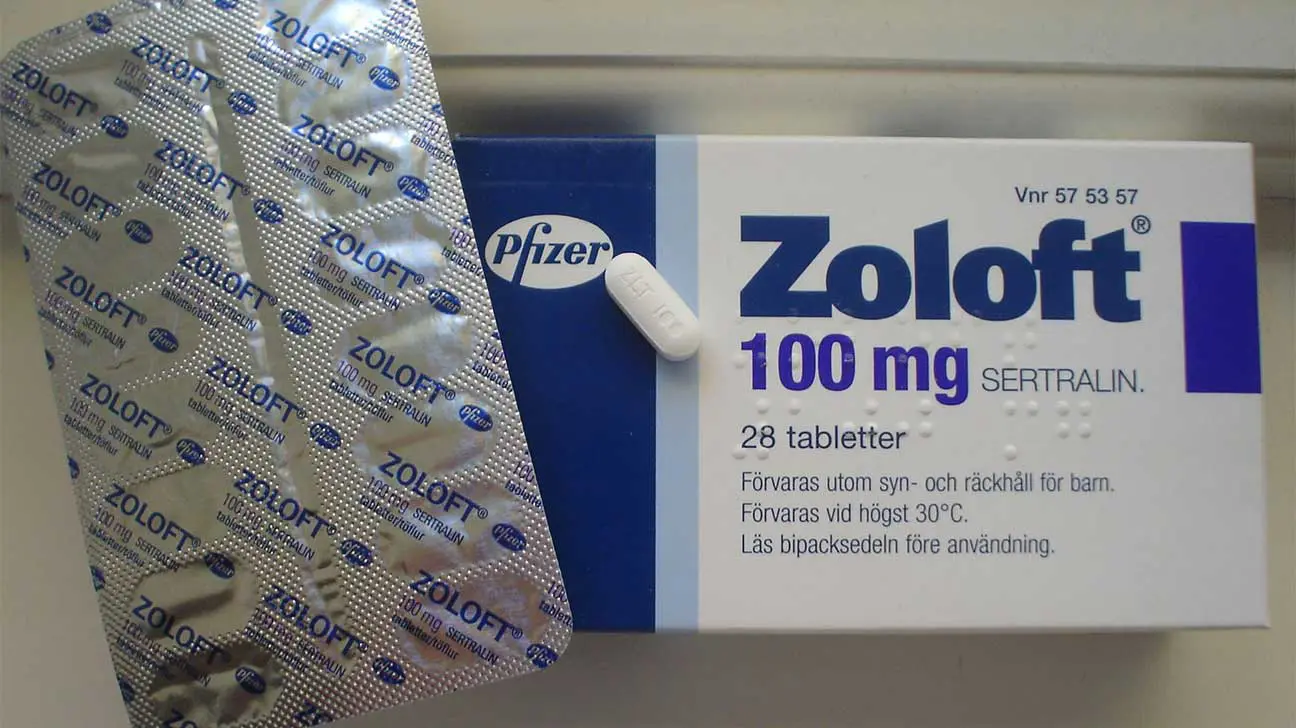
Zoloft (sertraline) is a very common prescription antidepressant that is used to treat symptoms of mental health conditions like major depressive disorder, anxiety, and other conditions.
When used as it is prescribed, Zoloft is highly effective. However, Zoloft may be abused through methods like snorting or intravenous drug use. These methods carry their own negative physical effects.
Why Snort Zoloft?
Zoloft is a selective serotonin reuptake inhibitor (SSRI) similar to Prozac. It produces feelings of calm and in some people, as well as an elevated mood with feelings of energy and euphoria.
People may snort Zoloft out of curiosity, from a misinformed idea that it will enter the system and produce effects quickly like crushed up Xanax, causing them to feel relief sooner.
When snorted, Zoloft does not produce feelings of euphoria or a sudden rush of relief from depression, as people may think. However, Zoloft still carries abuse potential through other methods of use.
Effects Of Snorting Zoloft
Snorting Zoloft is not known to produce a high feeling or give the person the ability to feel effects more acutely.
However, there are reports of stimulant-like effects including euphoria from crushing and ingesting pills or through intravenous use.
Snorting Zoloft can produce very unpleasant physical effects as well, including intense burning upon insufflation.
Other effects of snorting Zoloft can include:
- nosebleeds
- damage to the upper respiratory system
- damage to the nose and throat
- lung infections
- damage to the nasal cavity and septum
- damage to the mucous membrane
- pulmonary embolism
- blood clots in the lungs
Risk Of Overdose
While the lethal dose of Zoloft is 2000 mg per kilogram of body weight, the potential for overdose and use of other drugs with Zoloft can produce dangerous and deadly effects.
Excessive Zoloft use can cause an overdose. Some of these symptoms may be the result of serotonin syndrome, which happens when the body has a surplus of serotonin in the system.
General overdose symptoms include:
- agitation
- fever
- sweating
- increased heart rate
- loss of coordination
- nausea, vomiting, diarrhea
- loss of consciousness
- drowsiness
- seizures
- muscle twitching
- dizziness
- agitation
- mania
- flu-like symptoms
Withdrawal Symptoms
Withdrawals from Zoloft can take a toll on both your physical and emotional well-being. The deteriorative effects of the drug over a long period of time can worsen existing mental health concerns.
Some signs that a person may be experiencing Zoloft withdrawals include:
- appetite changes
- difficulty with sleeping/ insomnia
- depression, weakness, fatigue, and suicidal thoughts
- foggy memory
- panic attacks
- irritation, restlessness, and mood swings
- headaches
- concentration issues
- anger
- anxiety
- erectile dysfunction
- confusion
- numbness or tingling
- night sweats
- body cramps and muscle pain
- restlessness
Treatment Options For Prescription Medication Addiction
If you or a loved one is abusing antidepressants like Zoloft, Lexapro, or Wellbutrin, there can be severe medical consequences.
Call us today so we can walk you through your treatment options.
Addiction Resource aims to provide only the most current, accurate information in regards to addiction and addiction treatment, which means we only reference the most credible sources available.
These include peer-reviewed journals, government entities and academic institutions, and leaders in addiction healthcare and advocacy. Learn more about how we safeguard our content by viewing our editorial policy.
- Substance Abuse and Rehabilitation — Abuse and misuse of antidepressants
https://www.ncbi.nlm.nih.gov/pmc/articles/PMC4140701/ - U.S. National Library of Medicine: MedlinePlus – Sertraline
https://medlineplus.gov/druginfo/meds/a697048.html


